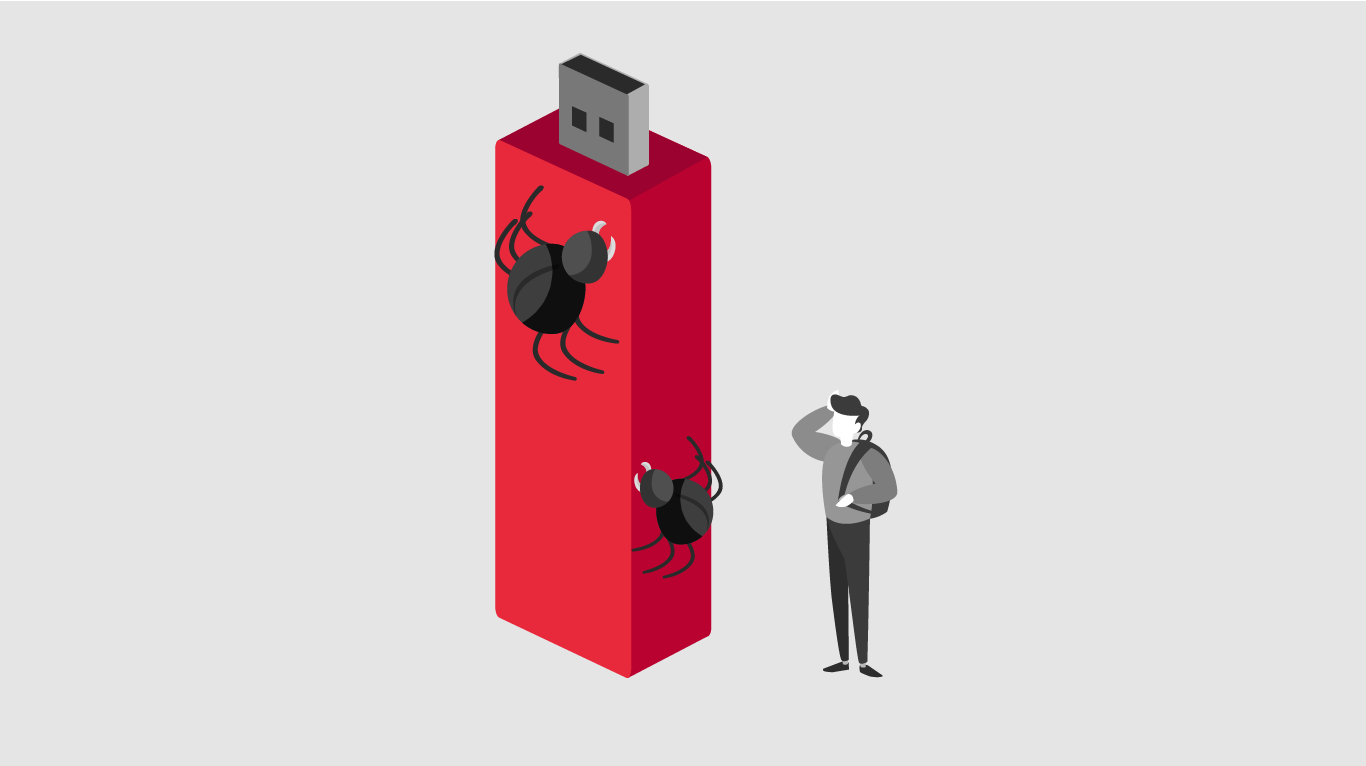Hackers commonly use flash drives to infiltrate networks and steal sensitive information. This is especially risky because code can be executed just by inserting a “hacked” device into your computer. Here’s how you can protect yourself and your business:
If You See a Flash Drive That Isn’t Yours, Don’t Insert it into Your Computer
It may be tempting to claim a found flash drive as your own or curiosity might get the best of you. However, it’s important to remember that you should never, under any circumstances, insert a flash drive into your computer without know exactly where it came from. It could be fine but it could also be a costly and unnecessary security risk to your business. Definitely not worth the free USB stick. If you find a flash drive and want to return it to its owner, try sending an email out to your co-workers asking if someone has lots it instead of trying to find clues about the owner in the files on the drive.
Only Purchase Name-Brand Flash Drives from Reputable Retailers
Another, equally harmful flash drive hacker scam is counterfeit “high-capacity” flash drives being sold online, particularly on sites like Ebay. These USB drives are sold at prices that are too good to be true, promising large amounts of storage. Many times they are doctored and will cause security issues for your business if used. It is very important to only purchase name-brand flash drives from reputable retailers. If you see a deal online for some off-brand USB drives that look too good to be true, it probably is. Even if the packaging and product look legitimate, it could be a scam.
Implement a Company Policy Regarding Flash Drives
The most effective thing you can do to protect your business is making sure your employees are educated about flash drive hacker scams and what’s expected of them should they find a USB drive laying around. A good policy will outline what to do in a situation where a flash drive is found. If your company doesn’t have a policy, always ask someone if your IT department for guidelines.
Using these tips can save your company from the potential harms of flash drive hacker scams. Les Olson Company offers Managed IT Services, including data and network security services. Please contact us for a free security consultation.




